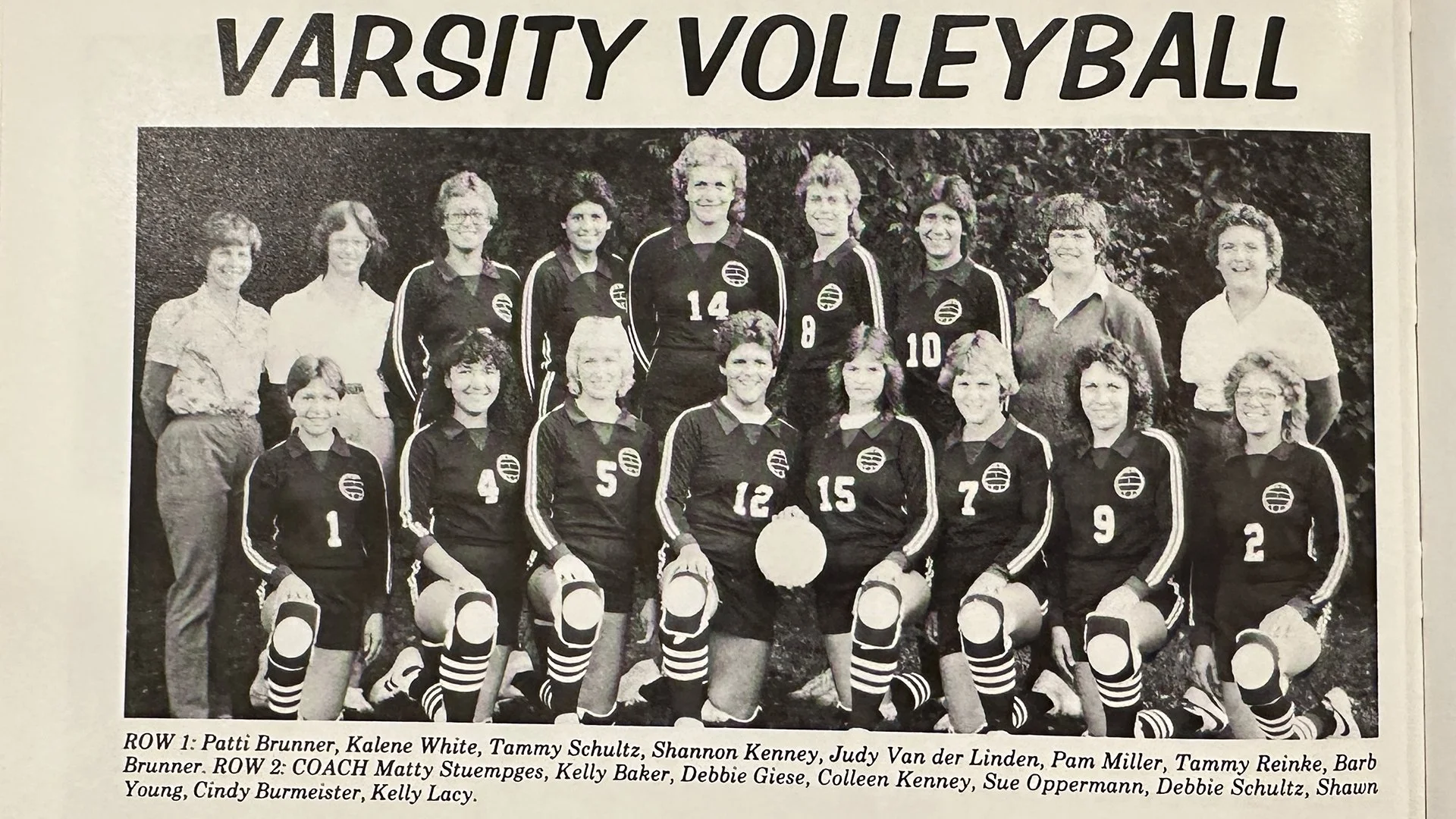Why Great Leaders Treat Every Day Like a Performance Review
When I played high school volleyball, I had a coach who believed in us long before we believed in ourselves.
She pushed us hard and cheered for us even harder. When we missed a serve, she didn’t scold—she coached. She’d say, “Try this.” Adjust your toss. Shift your stance. Follow through. Every correction came from a place of belief that we could—and would—get better.
Of course, at the time, we didn’t always appreciate it. (Teenagers and constructive feedback—what could go wrong?) Looking back, I realize she wasn’t just teaching us how to win games. She was teaching us how to grow.
That’s what great leaders do too. They coach.
A coaching leadership style focuses on personal development rather than just hitting quotas or meeting deadlines. It’s about helping people think for themselves, not simply telling them what to do.
When you coach, your goal isn’t to have all the answers—it’s to help your team find them. That means asking thoughtful questions and creating space for reflection.
If you’ve been giving feedback all year, a performance review shouldn’t be a surprise party—no balloons, no confetti, and definitely no “Gotcha!” moments. It should feel like a recap—a moment to pause, reflect, and plan the next season of growth.
Here are some ideas to get it right:
Coach as you go—and keep track. Offer feedback in real time, then jot quick notes about wins, challenges, and lessons learned. When review time comes, you’ll already have the story written.
Make it a two-way conversation. Invite reflection and feedback. Ask your employees what they’re proud of, what challenged them, and what they’d like to do next.
Focus on growth. Use the review to look ahead, not just back. Talk about new skills, stretch goals, and development opportunities.
Coaching isn’t a once-a-year activity—it’s an ongoing relationship built on trust, curiosity, and feedback. Just like a great volleyball coach helps players grow throughout the season, great leaders develop their people all year long.
Skip the “surprise party” approach and bring your coaching game every day.

